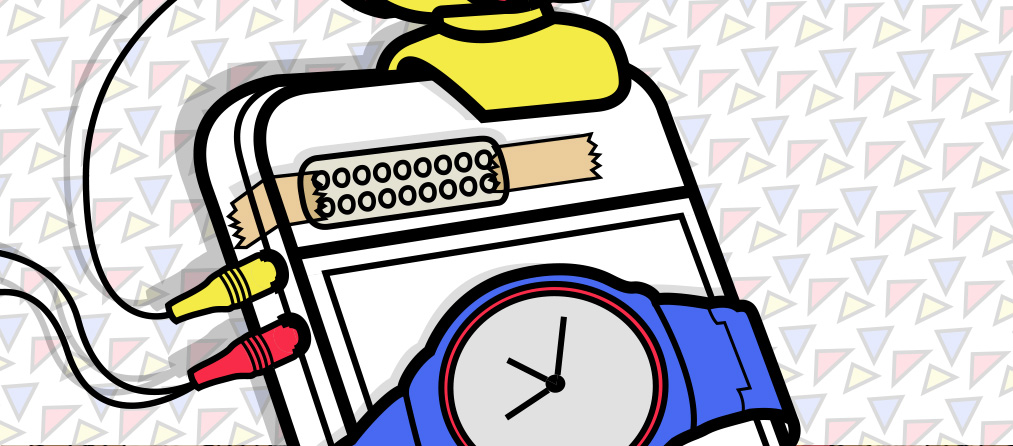Did you ever smash your smartphone's screen? Had the Home Button dropped dead on you? Charging cable stopped working? Did you ever had to find that 'specializing in' lab, pay loads of cash, and wait ages? That's a bum! Modular phone promises to change our life, in the near future.
For a while now, we've been eagerly following Google's Project Ara - The Modular Phone - One of Today's most justifiably talked-about projects.
Imagine a phone, purchased as an Aluminum skeleton, onto easy connected are various components, manufactured all around the globe, by different companies. Much like installing smartphone applications, hardware components are attached, making together a complete phone - Easy as child's play.
Each phone is visually and technically designed by its owners, as if individually manufactured for them - 100% custom made. Like photography? Attach a great camera and some huge memory capacity. Heavy on the internet? Multitasking tons of applications all at once? Slap on a powerful processor and a big battery to match. Dropped your phone and the screen got busted? No problem! Pull it out and replace it with a new one. The price of your phone depends entirely on you - simple formation is estimated at 50 to 100 USD, but the sky is the limit. (Additional information can be found here, on Project Ara's website)
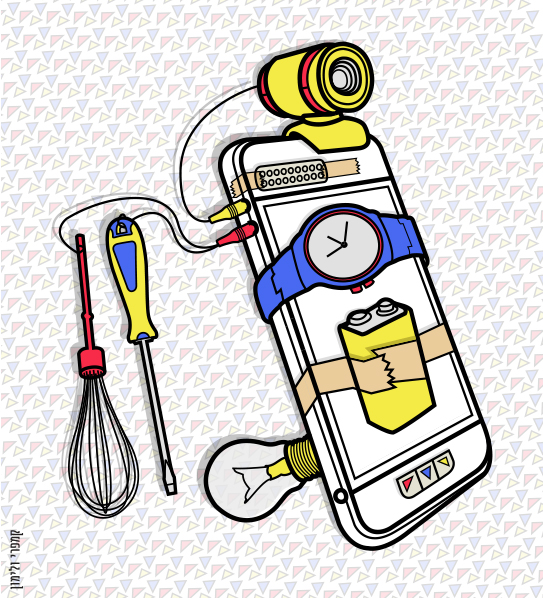 Campari and Lemon for KLAPTISH MAGAZINE
Campari and Lemon for KLAPTISH MAGAZINE
How did the buzz began? When Dutch industrial designer, Dave Hokens checked the cost of repairing his broken phone camera. He found the price to simply be not worth the trouble. Amount of electronic waste being made around the world, seemed stupid to Dave, and he decided to take action. He made this video, that hit over a million views within 24 hours.
Hoken's goal was to create identification with the problem, leading to sharing the video, in order to support the cause - A move that would make the big manufacturers aware of the public yearn for a custom made phone. Within a short while, the modular phone idea reached over 380,000,000 viewers.
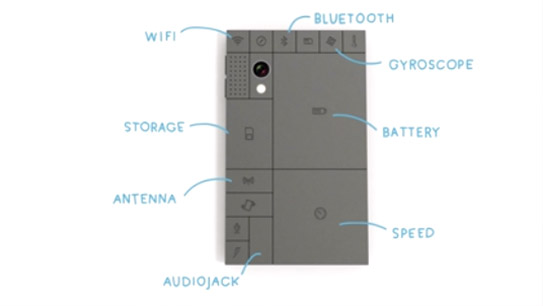 Screen shot from the official Phonebloks video
Screen shot from the official Phonebloks video
An important virtue of this project, is the environmental promise it brings. Usage of the modular phone will reduce the ever-growing amount of electronic waste, that had already become a troubling ecological issue. Modular phone means long-life phone, by the simplicity of changing a malfunctioned part. Personal matching your changing needs over the years, means creating a phone that can serve you for a long time - A phone that each part of it can be updated, upgraded and changed constantly. And in the age of social networks and smart consumerism, this is exactly what we want - environmental awareness and personal choice.
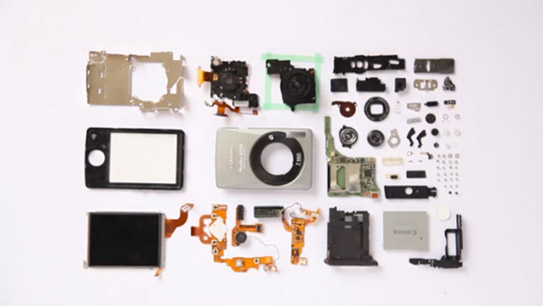 Screen shot from the official Phonebloks video
Screen shot from the official Phonebloks video
During the same time, Google owned Motorola was working on a similar idea. Hoken's viral video, and the small avid community that grew around it, brought Google offering him to partner together for the same goal. Today, Phoneblocks is working with Google, and managing an international community of manufacturers, developers and engineers.
The most important point of the project is the environmental gospel it brings. Electronic waist has long been one of earth prominent problems, especially with the notion that it grows at an overwhelming rate every year.
Modular phones makes the need to change phones every year unnecessary, as many phone manufacturers would like us to do, and the process of the personal fit to one's needs enables creating a durable phone for many years to come, as one can update, upgrade and change it at any time. This notion, of which the user is at the center, portrays the social networks generation as well as conscious consumerism.
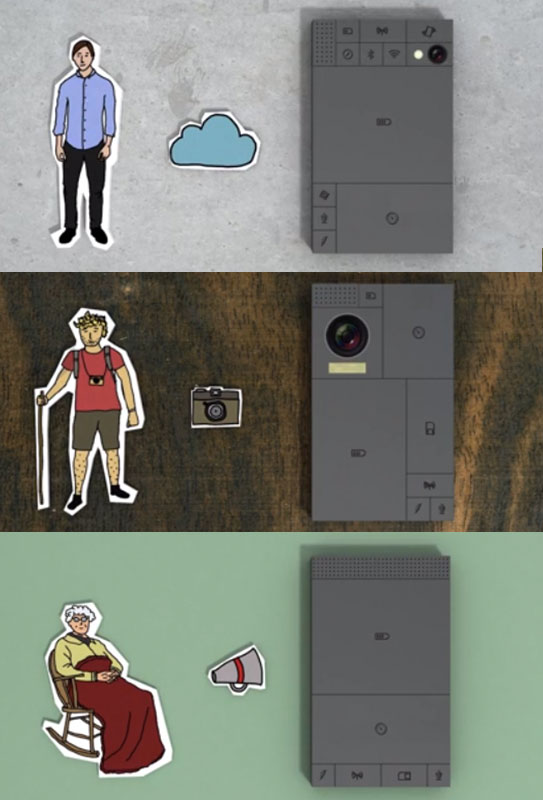 Screen shot from the official Phonebloks video
Screen shot from the official Phonebloks video
An important virtue of this project, is the environmental promise it brings. Usage of the modular phone will reduce the ever-growing amount of electronic waste, that had already become a troubling ecological issue. Modular phone means long-life phone, by the simplicity of changing a malfunctioned part. Personal matching your changing needs over the years, means creating a phone that can serve you for a long time - A phone that each part of it can be updated, upgraded and changed constantly. And in the age of social networks and smart consumerism, this is exactly what we want - environmental awareness and personal choice.

